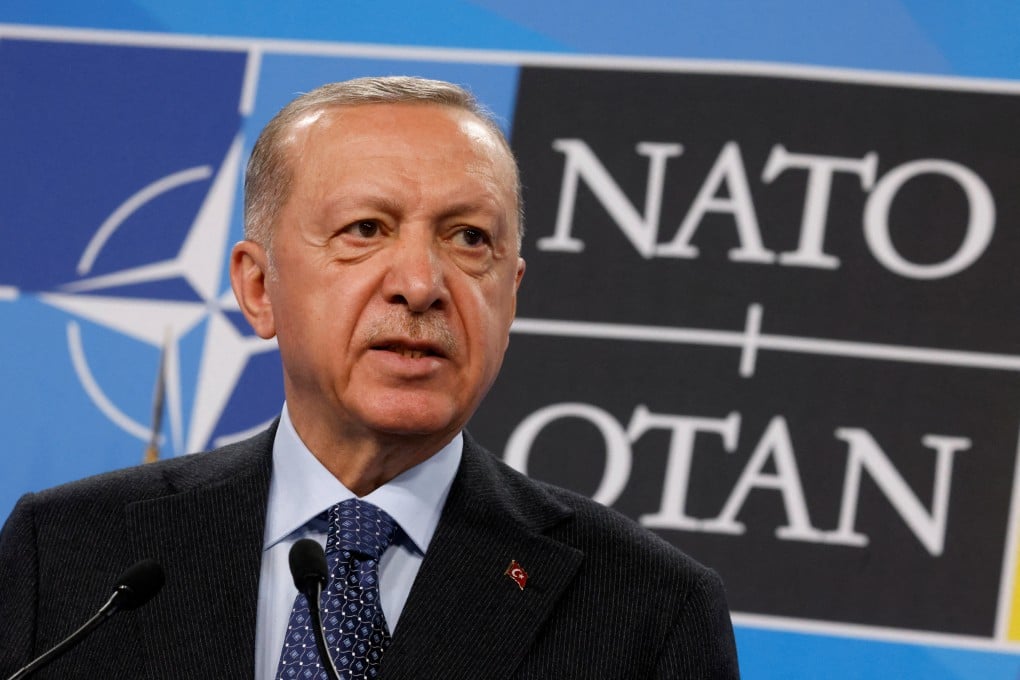Opinion | From US to UK, less politics and stronger leaders needed to meet pressing threats
- In an increasingly uncertain world, people want strong leaders, with enough executive power to protect against threats to the unity of the nation and the Nato alliance
- China stands in stark contrast to the US and UK, where executive power is hampered by bureaucracy and political infighting

From the United Kingdom to the United States, and across the Mediterranean, citizens yearn for less politics, fewer bureaucratic oligopolies and for their leaders to have more direct powers to intervene. Many political systems within Nato countries must be revamped to meet the needs and concerns of a rapidly evolving world dominated by expansionist threats and internal issues, from domestic strife to economic demands.
Within such nations, elected leaders arrive on a bank of promises which they often have no power to fulfil, due to the inability of the state structure to grant them sufficient executive power.
But this system, where the executive has actual power, is not exclusive to China, or Russia. Looking at Singapore, we can see accomplishments that were once unimaginable for a nation of initially limited resources.
Decades on, the world requires this form of leadership – and this requires a revision of the governance system displayed in the West.

